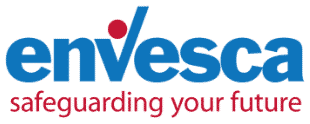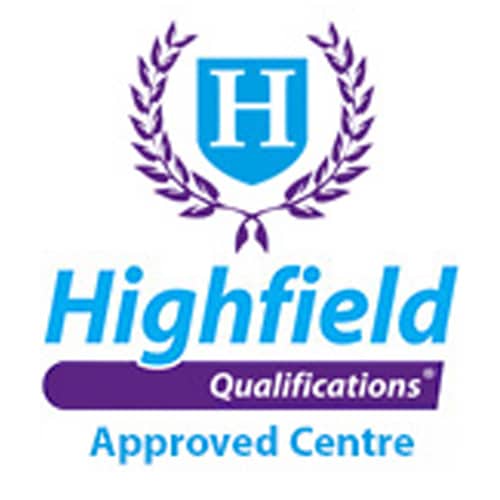What is the role of an Environmental Health Officer?
An Environmental Health Officer is a degree-level trained professional. Their primary role is to protect the health and safety of the general public from any harmful exposures that they may encounter. Their job includes ensuring that people’s homes and workplaces are safe, hygienic and healthy.
What do EHO’s look for when they visit your premises?
It’s a varied and interesting job, with no two days being the same!
Areas of specialism include food, health and safety, infectious disease control, health promotion, housing and environmental protection. Many EHO’s are generalist, and a ‘typical’ list of duties are as follows: –
- Inspecting businesses for health and safety and food hygiene standards
- Investigating complaints and outbreaks of food poisoning, infectious disease notifications and pest infestations
- Investigating accidents in the workplace
- Sampling in food premises
- Enforcing regulations and giving evidence in court
- Educating and advising all levels of staff and the community
What Does An Environmental Health Officer Do?
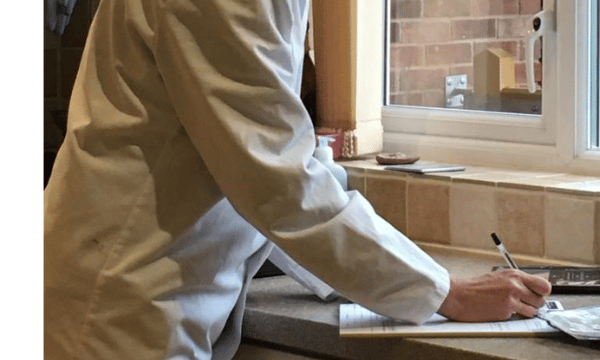
EHO’s are responsible for inspecting all businesses that produce or store food. They do this to ensure that the company is operating hygienically and complying with current food safety legislation.
Typically, an EHO will look at a range of issues relating to the premises. For instance, the type of food prepared, the number and type of customers served, the equipment and processes used, the standards of structure and cleanliness and documentation maintained. In more depth, they will review:
- Personal hygiene practices – ensuring that staff members are following correct hand-washing procedures, and the use of appropriate protective clothing.
- How you label food – including the validity of the shelf life of any in-house prepared dishes and correct allergen labelling.
- Equipment and maintenance – including the cleanliness of appliances, fridge door handles and light switches, etc.
- Pest control methods and their effectiveness, plus staff knowledge of how to identify and report common pests.
- The methods used for preventing contamination – physical, chemical, allergenic and microbial.
- Cleaning and disinfection techniques and schedules – including the management of hazardous cleaning chemicals, the use of colour-coded equipment and the cleaning schedule. Type of sanitiser used and contact times.
- Temperature control – when storing, cooking, cooling, freezing and displaying food.
- The condition of the premises – including the layout, design, construction, cleanliness and size of both permanent and temporary food preparation areas and staff restrooms.
- The food safety management system – includes ensuring that the business has an appropriate and documented system in place (such as HACCP or SFBB). Are they following its principles effectively and have all the staff been trained in food safety practices?
We discuss all the above points in our Highfield Level 3 Award in Food Safety and our Highfield Level 4 Award in Food Safety courses.
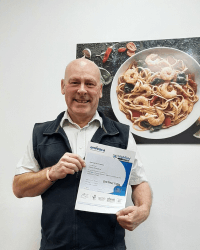
Master The Art Of Food Safety - Unlock Your Potential Today!
Are you passionate about food safety and committed to delivering excellence? Our Food Safety Courses are designed for individuals like you who refuse to compromise on safety. Take the leap towards becoming a certified expert. Click on the link below and unlock a world of possibilities!
What sort of power does an Environmental Health Officer have?
Environmental Health Officers have a range of powers available to them, including providing advice and education, issuing notices, closure of business due to imminent risk to public health and prosecution where necessary. They have the power to visit a premise at any reasonable time.
Generally, an Environmental Health Officer will issue advice verbally, and then follow up with written communication. After that, they will provide support and guidance if they feel there is room for improvement.
To aid an investigation, an Environmental Health Officer can also take samples and photographs. They can seize or detain any food suspected of being unfit for sale or consumption. Similarly, they can inspect records and documents held at the premises such as cleaning schedules and staff training records. If required, they can take statements from employees.
If further action is necessary, an Environmental Health Officer may issue the following: –
- Hygiene Improvement Notice (HIN) – a legal notice setting out what steps the business must take to comply with the law, and within what timescale.
- Remedial Action Notice (RAN) – issued at specific premises to prohibit them from carrying out certain activities.
- Hygiene Emergency Prohibition Notice (HEPN) – to close a business if there is an imminent risk to health. A magistrate then confirms this action.
- Prosecution – recommended where there has been a severe breach of legislation, as per the local authority’s enforcement policy. In other words, when a HEPN is issued, this action is likely.
Can an Environmental Health Officer remove food from your premises?
Yes, EHO’s have the power to seize food if they suspect that it is unfit for sale or human consumption. Occasionally food is removed for sampling purposes – which can be as part of an outbreak investigation or for routine sampling surveillance. When food removed, the Environmental Health Officer should issue a receipt.
When will an Environmental Health Officer visit?
The majority of routine inspections are unannounced. Therefore, when an officer arrives at a business, they will present identification.
The frequency of visits will depend on the risk to public health. For instance, issues that impact upon this include: –
- New businesses &/or a dramatic change in operations
- Number of customers served/size of the distribution
- Equipment and processes utilised
- If serving a vulnerable group
- Previous compliance record
- Structure, hygiene and cleanliness
- If the Local Authority receives a complaint/outbreak notification
A high-risk business will be visited every six months. The Environmental Health Officer will work closely with the business owner to reduce risk and therefore, the frequency of inspections. Other companies may only receive a visit every two years.
How to prepare for an EHO visit?
The best way to prepare for an Environmental Health Officer visit is always to be ready to receive a visit! That way, standards are maintained as routine.
If you have a question or enquiry about food safety, please call the team on 01452 502113 or complete our enquiry form.
Find this helpful?
Signup to our email notifications to receive alerts when we publish new blogs. We promise not to spam your inbox, you will just get a short snappy intro to Health and Safety articles we think you will love.
"*" indicates required fields
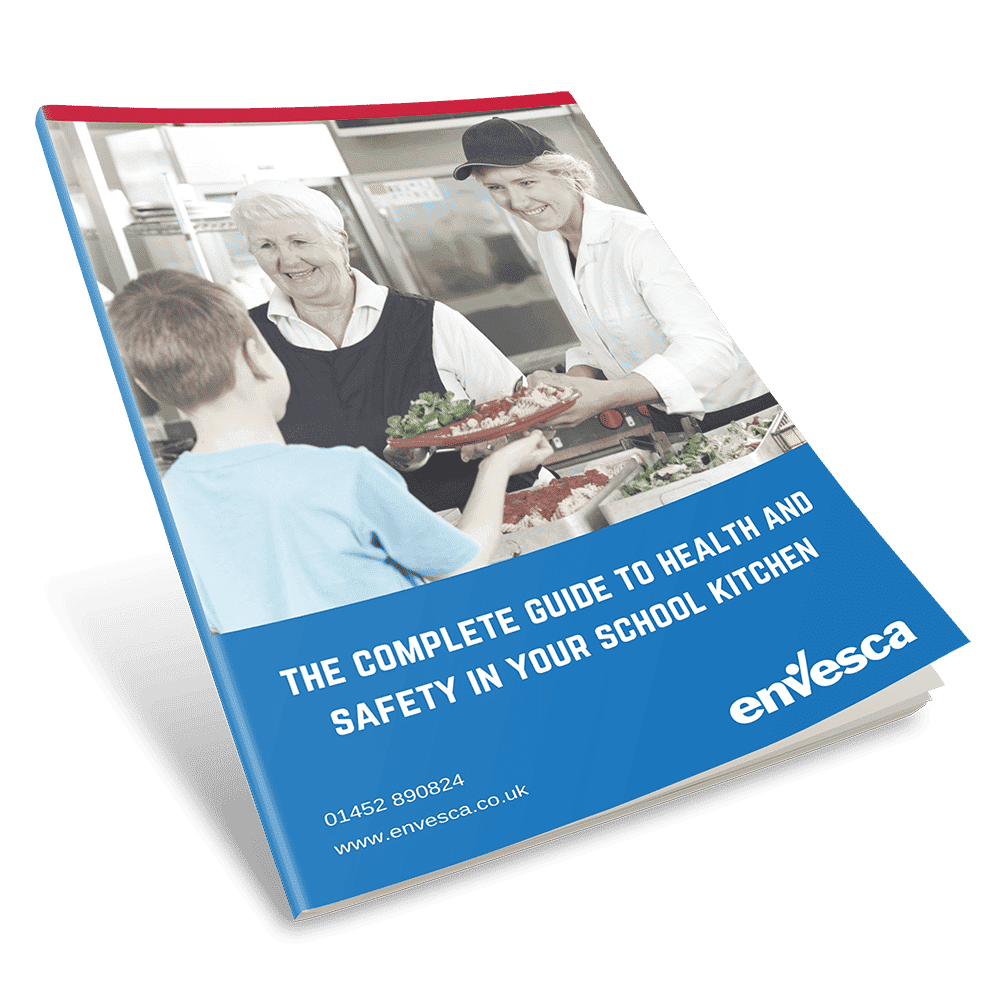
Complete Guide to Health and Safety in Your School Kitchen
This guide will help you to identify the areas within your kitchen that you need to consider. The checklist at the end will help you to build an action plan going forward.
If you’ve got a question or query, please contact our super friendly team, they will be delighted to help you!
Simply get in touch via phone or email.
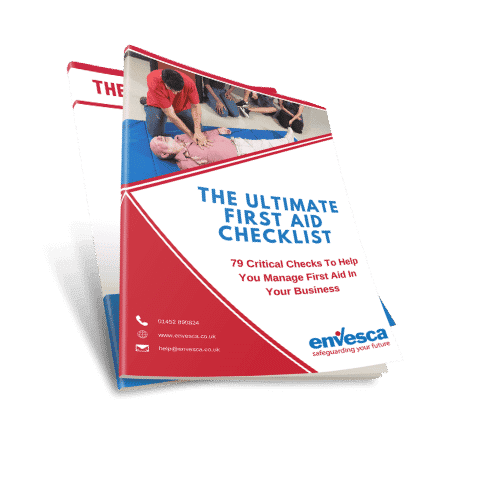
Free
Resources &
Downloads
Informative. Useful. Practical.
Here at Envesca we believe that we are good at giving proactive, sensible and useful advice. Below you will find some free resources that you can download on a host of subjects that will help you and your business.
Training Available
Envesca offer a number of different training courses, which offer advice and guidance on these topics.
